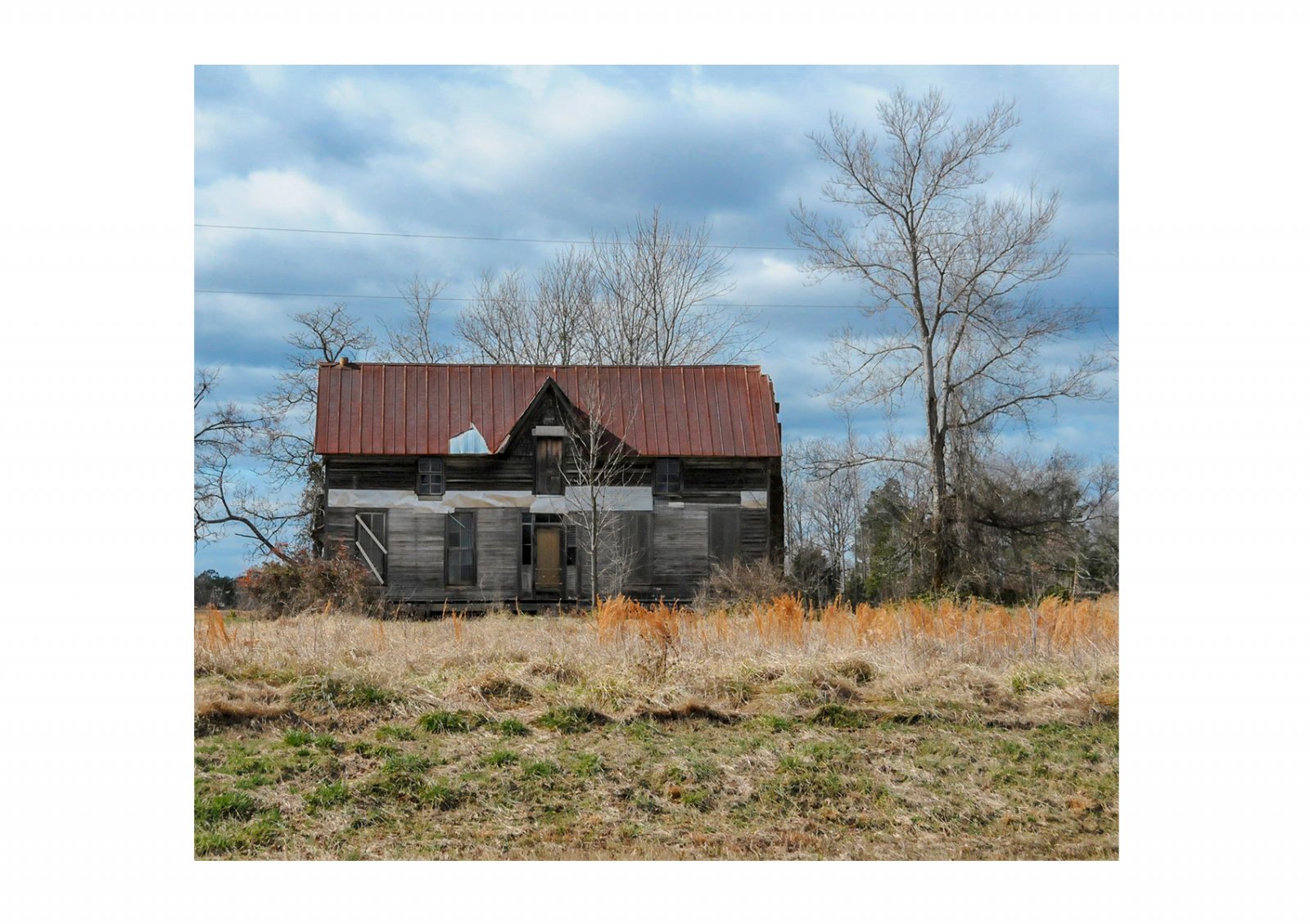This old homeplace stands along a road I travel frequently and I kept telling myself I was not going to take a picture of it. The main reason is that it’s one of those old houses where the heirs have built a new house right next door and somehow I just can’t digest the thought of doing that. I find it disrespectful.
Having had more than my share of opportunities to sit on front porches listening to the elderly explain how their family had made the decision to place them in a facility of some sort and nobody wanted the dilapidated structure they once called “home”, I’ve fought back tears as I’ve seen their eyes well up and observed the faraway look of yearning for their family.
When we’re young and strong we never imagine ourselves facing such circumstances. Things will be different for us, we think. The truth is we live in the midst of the abandoned and none of us is exempt. Frailty brings vulnerability and we cannot know the impact until the day we face it on a personal level.
Standing across the road capturing images I could hear the wind blowing the loose metal roof and the creaking noises of the wood. I thought how it had stood in the pouring rains the night before and wondered how the heirs could have walked out their door into the bright sunshine the next morning and viewed it.
Maybe they don’t look at it. Perhaps like the person who has trained their eyes to not meet the eyes of abandoned people on the street, they have trained their eyes to not see this structure they once called “home”.
Those of you who have read my thoughts about things like this will recall me saying, “When I see a structure like this, I think not of poverty, but of the prosperity of a disposable society.”
It occurred to me after I penned those words that we have become so wealthy we throw away houses.
— filed under ( sagegrass ) because i said that
Ruins in some countries indicate prosperity, in others decay.
— R. Anderson said that



A beautiful photo of this old and abandoned house.
Génial cette ancienne maison avec la végétation très belle bâtisse.
Belle soirée
A fine picture and an interesting text.
Thankfully it is not yet destroyed.
A thought-provoking editorial that rings so true today!! Hopefully something can be done with the materials of this home.
Interesting image. I like the color.
A beautiful image of the old place. I’m amazed the heirs didn’t tear it down since they will never rehabilitate it.
What a poignant essay, Sherri, on the reality of our Western culture these days. It’s enough to break my heart. I’m glad you DID take a photo, to make your point.
What you have written rings true, sherri. And good for you, taking the picture in the end
your words make me sad… it’s true… but hubby and i never had kids, and i guess we will be throwing ourselves away…
our house got repossessed during ‘the bad time’ and they tore it down to put up a new one.
Quand la nature reprend le dessus. Magnifique ruine.
Lovely colours and an interesting back story. On the plus side they didn’t just teat it down so it and the memories are still there, if somewhat neglected.. The house/shed I built is due to be demolished by my son because it is built on the best site on the land and he and his wife need a new place. I don’t feel bad about it as it has served both them and me well and all the materials that can be, will be recycled. In fact I think it will affect him and his wife far more when it goes, as they have been the most recent inhabitants so their history is bound up in it too, whereas I am detached from it by fifteen years in time.
A very beautiful composition and so you get a photo of it and give it a new life …! Perhaps they want not forget where they lived before .
YOur words struck a chord in me. WHat a sad, sad commentary on our society. I live in a hoe that is over 100 years old. I know all about the man who had it built. I have researched and even met family members of each but one, of the few families who have owned it prpior to us. My home is a special plae and the thought of it being discarded for modernity breaks my heart.
i can only imagine all of the love… feasts on holidays and birthdays that they had in this old abandoned homestead over the years Sherri….peter:)
We live in a 60 year old house that has been giving us grief lately but we are powering through and making the needed repairs.
♥♥♥
I understand your feelings. Sometmes I have stopped and had cobversations with the occupants, and even gotten permission to shoot. But mostly, I just drive by.